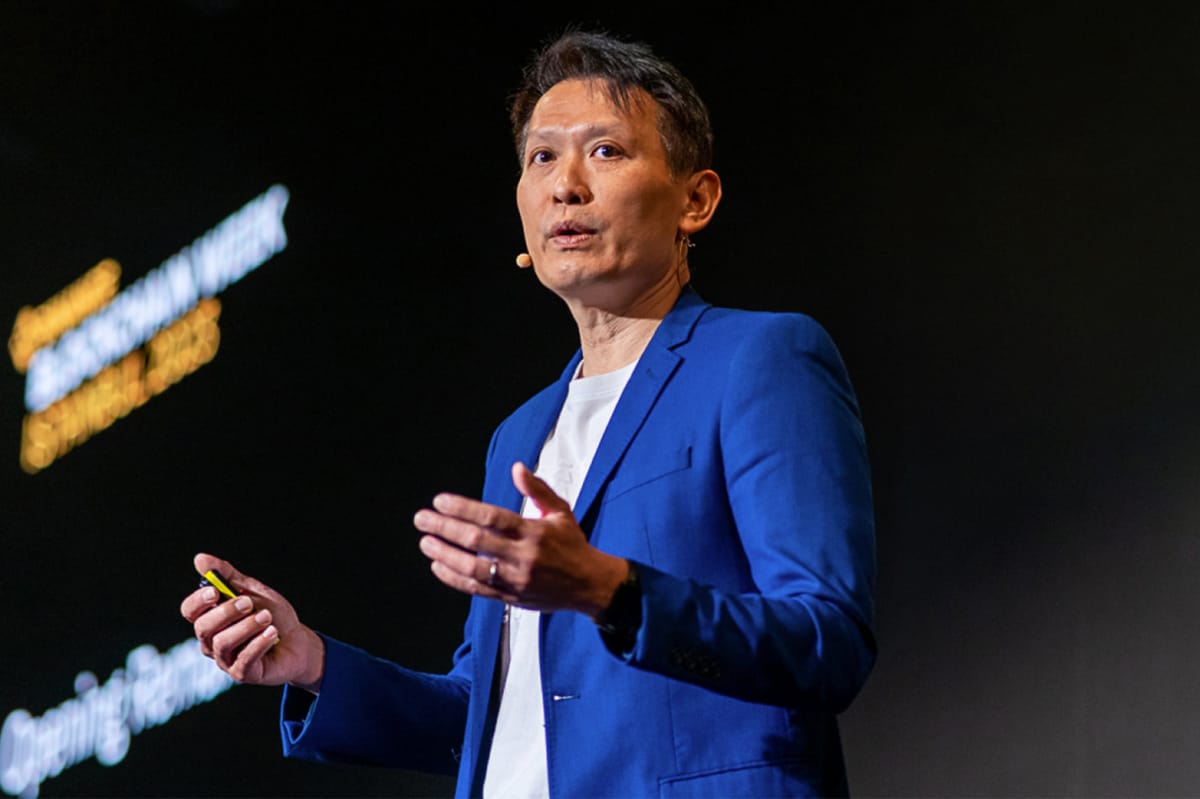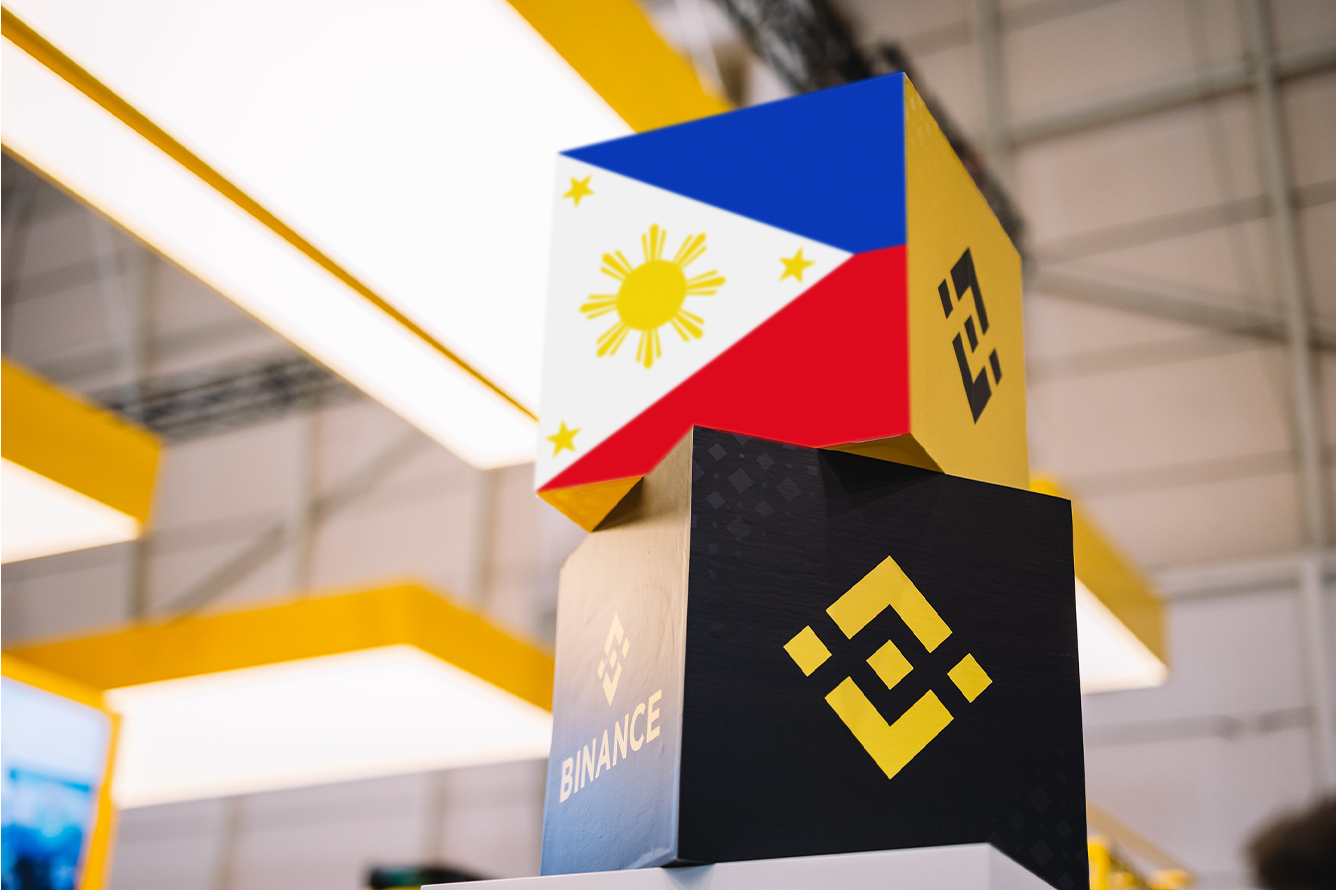Table of Contents
We might be in a bull market (TBC after today) but Binance isn't any the better. Still wearing the crown of the world's biggest cryptocurrency exchange, Binance has been unable to shake off regulatory scrutiny, despite ousting its own CEO and founder last year.
Since ex-MAS executive Richard Teng took the helm at the exchange, the industry had hoped for a rejuvenated Binance - one clear of fraud, money laundering, and legal tribulations.
Sadly, Binance has thus far struggled to change its spots. Binance US, which operates as a separate entity from Binance because Binance is banned in the US, has reportedly laid off 200 employees, or two-thirds of its workforce.
The layoffs have occurred since June when the SEC hit Binance with a lawsuit for securities violations.
“We allege that Zhao and the Binance entities not only knew the rules of the road, but they also consciously chose to evade them and put their customers and investors at risk—all in an effort to maximize their own profits,” said Gurbir S. Grewal, director of the SEC’s Division of Enforcement, in a statement at the time.
Binance US COO Christopher Blodgett revealed the layoffs in a deposition from December that was released on Tuesday.

“Our trading volumes and business more generally have imploded,” Blodgett said adding that the platform's revenues fell around 75% after the SEC sought a restraining order in June to freeze assets.
The SEC has now claimed that Binance US has failed to provide answers to key questions regarding customer assets.
BAM Trading Services — doing business as Binance.US — has been “unable or unwilling” to answer requests for information concerning the custody of customer assets, the SEC said in a report to a Washington, D.C. District Court.
“The SEC believes it is at an impasse with BAM as to certain key questions that BAM has been unable or unwilling to answer, and thus, the Court’s intervention is warranted,” wrote the SEC’s lawyers.
“Among other things, BAM refused to comply with basic discovery obligations, such as producing attachments and metadata associated with responsive documents or providing written responses.”
The SEC is investigating whether Binance maintained access to Binance US customer assets and claims the firm failed to prove it did not have access to private keys or access to these assets.
Binance US refuted the allegations, saying it complied with the SEC's “exceptionally broad” requests for information.

Meanwhile, in Nigeria, Binance is discontinuing all its Nigerian naira services following a local regulatory probe.
In an update posted on its website, Binance said, "Binance will not support deposits of NGN after 2024-03-05 14:00 (UTC). Users are encouraged to withdraw NGN, trade their NGN assets or convert NGN into crypto prior to the discontinuation of these NGN services."
The move comes after Nigeria's House of Representatives Committee on Financial Crimes called for Binance CEO Richard Teng to appear before the committee by 4 March.
The Central Bank of Nigeria alleges that the exchange was involved in financial crimes such as money laundering and terrorism financing.
Ginger Onwusibe, the chairman of the committee, warned that the committee would exert its constitutional powers if Teng failed to show.
“The constitution of the Federal Republic of Nigeria has empowered us to protect Nigerians from financial crimes, especially by foreign companies," Onwusibe said.
Additionally, Nigeria’s Department of State Security detained two Binance executives and confiscated their passports. The Central Bank of Nigeria's governor, Olayemi Cardoso, said Binance Nigeria witnessed suspicious flows” of money in 2023.
Last week, Judge Richard Jones in Seattle signed off on the historic $4.3 billion fine slapped onto Binance.

This decision comes after Binance's admission of guilt in a case that spotlighted lapses in the exchange's internal controls, which failed to report over 100,000 suspicious transactions linked to terrorist organizations and other illicit activities.
Binance is also blocked in the UK, Netherlands, Canada, Malaysia, and potentially the Philippines.
In November, the Philippine Securities and Exchange Commission (SEC) warned citizens against using the crypto exchange, which was put on notice for operating without a license.

Binance was told that it had until the end of February to address the problem and that if it failed to do so, the SEC would block its operations.
Officials are “working with other government agencies on the procedure of restraining unregistered entities’ operations in the Philippines,” a spokesperson from the SEC said.










